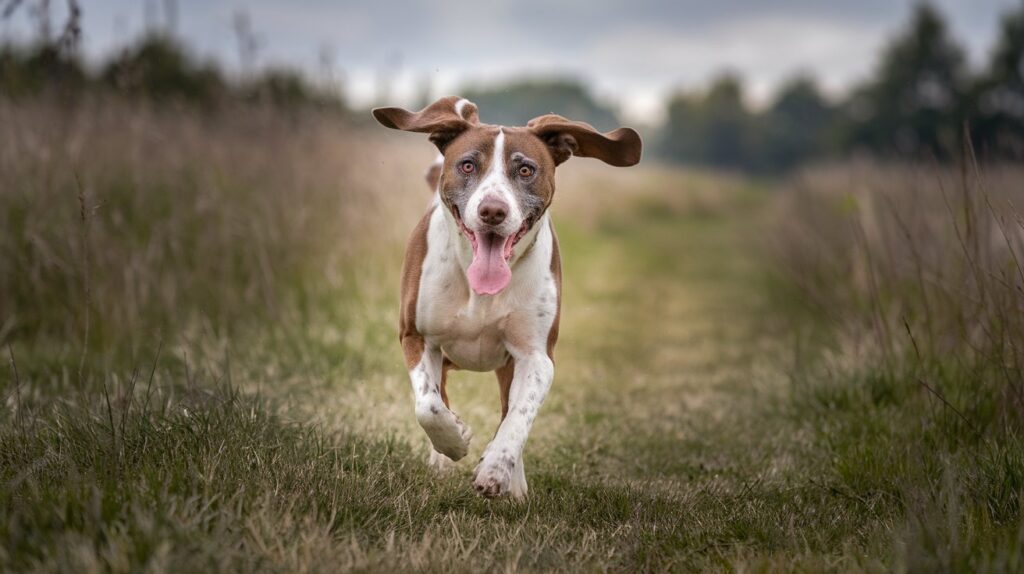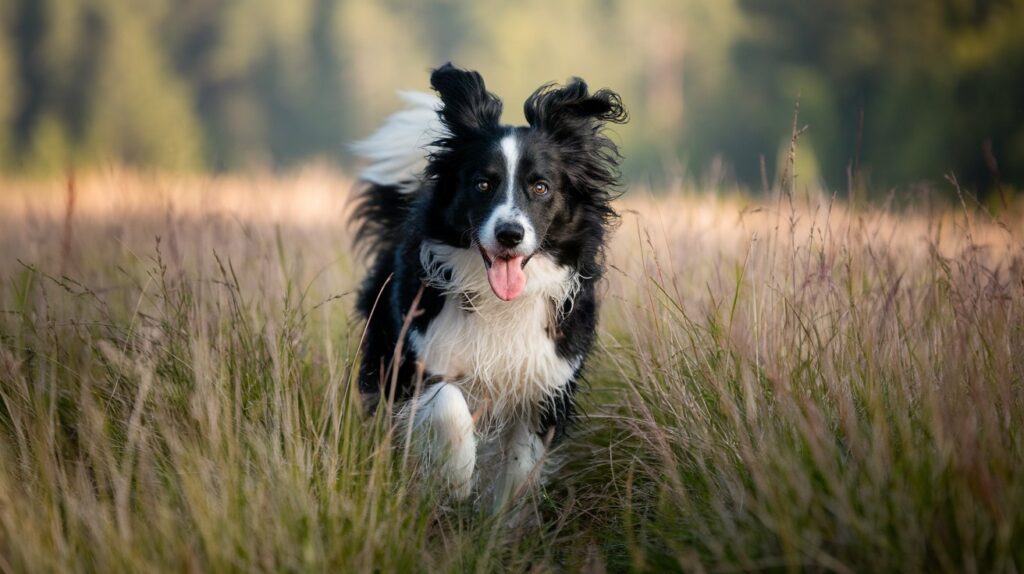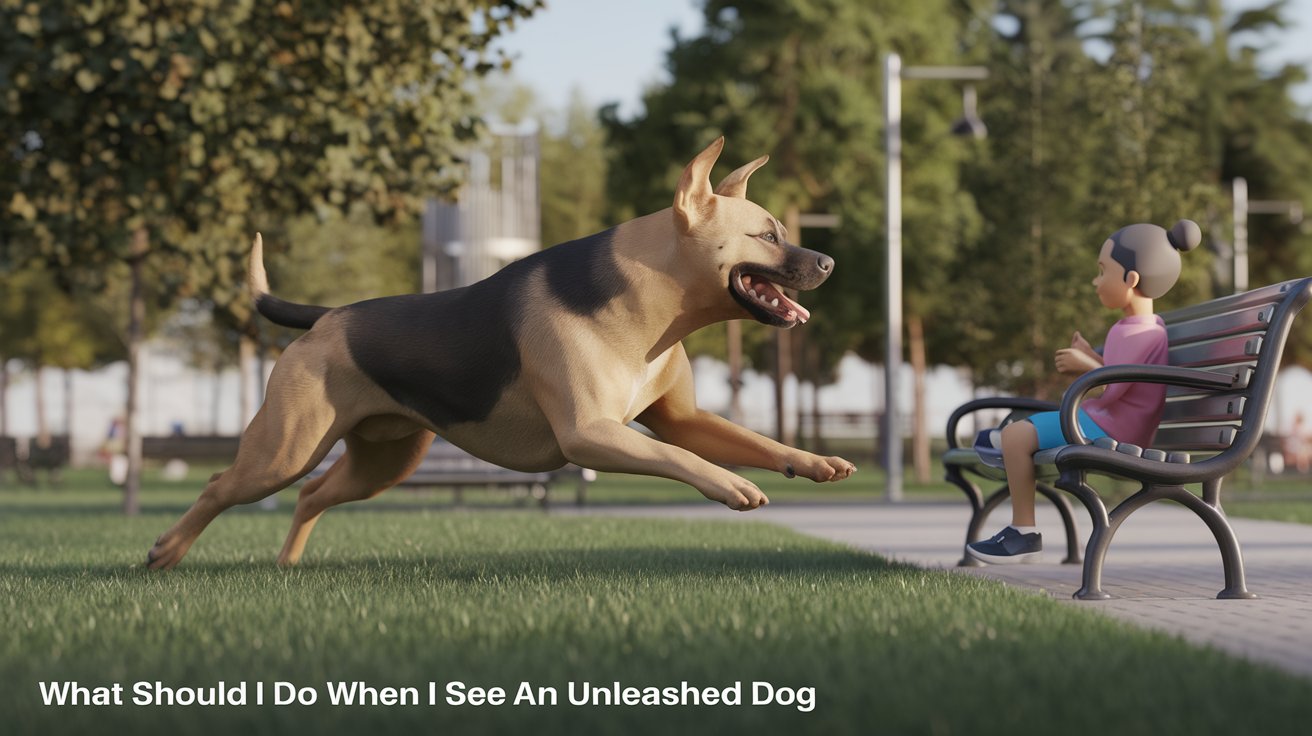
What Should I Do When I See An Unleashed Dog?
When you see an unleashed dog, stay calm and avoid making sudden movements. Observe the dog’s behavior to assess whether it is friendly or aggressive. If the dog approaches you, do not run; instead, use a firm voice to give commands like “Stay” or “Go home.”
Avoid direct eye contact, as this could be seen as a threat. If necessary, create a barrier between yourself and the dog with an object, and slowly back away. If you feel threatened or the dog appears to be a stray, report the incident to local authorities.
Understanding the Situation
When you see an unleashed dog, it’s essential first to assess the situation. Dogs may be off-leash for various reasons: they could have escaped from their owner, be strays, or simply be allowed to roam freely. Understanding the context helps determine the best course of action.
Assess the Dog’s Behavior
The first step is to observe the dog’s behavior. Is the dog calm, curious, or aggressive? Knowing how to read a dog’s body language is key to understanding its intentions. A wagging tail, relaxed ears, and a loose posture generally indicate a friendly dog. However, if the dog is growling, barking, or showing its teeth, these are signs of aggression or fear, and you should be cautious.
Stay Calm and Avoid Sudden Movements
One of the most important things to remember when you see an unleashed dog is to stay calm. Dogs can sense fear and anxiety, which may provoke them to act defensively. Avoid making direct eye contact, as some dogs might perceive this as a threat. Instead, stand still, keep your hands at your sides, and avoid sudden movements that might startle the dog.
What to Do When Approached by an Unleashed Dog
If the unleashed dog approaches you, the following steps can help ensure your safety and the dog’s well-being:
Do Not Run
Running away from a dog can trigger its prey drive, causing it to chase after you. Instead, stand still and remain calm. If the dog is simply curious, it may sniff you and then move on.
Use a Commanding Voice
If the dog gets too close, use a firm, commanding voice to say commands like “No,” “Stay,” or “Go home.” Many dogs are trained to respond to these commands, even if they’re not your own. Be confident in your tone, but avoid shouting, as this could escalate the situation.
Create a Barrier
If you feel threatened, try to create a barrier between yourself and the dog. This could be anything from a bag, jacket, or even an umbrella. Hold the object in front of you to keep the dog at a distance.
Avoid Direct Confrontation
If the dog is showing signs of aggression, avoid confrontation. Start Moving back slowly without turning your back toward the dog. If possible, find a safe place, such as a car or a fenced area, to take shelter.
What to Do If You Are With Your Dog
Encountering an unleashed dog while walking your dog adds another layer of complexity. The safety of both dogs is paramount, and the following tips will help you manage the situation:
Shorten the Leash
If you’re walking your dog on a leash, shorten the leash to keep your dog close to you. This will give you better control and prevent your dog from lunging at the other dog.
Keep Your Dog Calm
Your dog may react to the presence of the unleashed dog. It’s essential to keep your dog calm and prevent it from barking or showing signs of aggression. You can do this by using a soothing tone and offering treats as a distraction.
Position Yourself Between the Dogs
Place yourself between your dog and the unleashed dog. This shows dominance and helps protect your dog from a potential attack. It also signals to the other dog that you are in control of the situation.

Reporting the Incident
If the unleashed dog poses a threat or seems to be a stray, it’s important to report the incident to the appropriate authorities. This can help prevent future encounters and ensure the dog is returned to its owner or taken to a shelter if necessary.
Contact Animal Control
Animal control agencies are responsible for handling stray or aggressive dogs. Provide them with a detailed description of the dog, its behavior, and the location where you encountered it. This information will help them locate and safely contain the dog.
Inform the Dog’s Owner
If you know the owner of the unleashed dog, it’s a good idea to inform them about the incident. Politely explain what happened and express your concerns about the safety of the dog and others. In many areas, there are leash laws that owners are required to follow, and this conversation could help prevent future occurrences.
Document the Incident
If the encounter was particularly troubling or resulted in injury to you or your dog, document the incident. Take photos of the dog if possible and write down the details of what happened. This information may be useful if you need to file a report with the authorities or your local community.
Preventative Measures
While it’s impossible to avoid encountering an unleashed dog entirely, there are steps you can take to minimize the chances:
Choose Your Walking Routes Wisely
When walking your dog, choose routes that are less likely to have unleashed dogs. Parks with designated off-leash areas, for example, are more likely to have dogs running freely. Opt for quieter streets or areas where leash laws are strictly enforced.
Carry Dog Repellent Spray
Carrying a dog repellent spray can provide an extra layer of protection in case of an encounter with an aggressive dog. These sprays are designed to deter dogs without causing them long-term harm. Use the spray only as a last resort if the dog becomes aggressive.
Educate Yourself and Others
Understanding dog behavior and educating yourself on how to handle different situations can help you stay calm and make the right decisions. Share this knowledge with others in your community to help everyone stay safe.

Leave a Reply